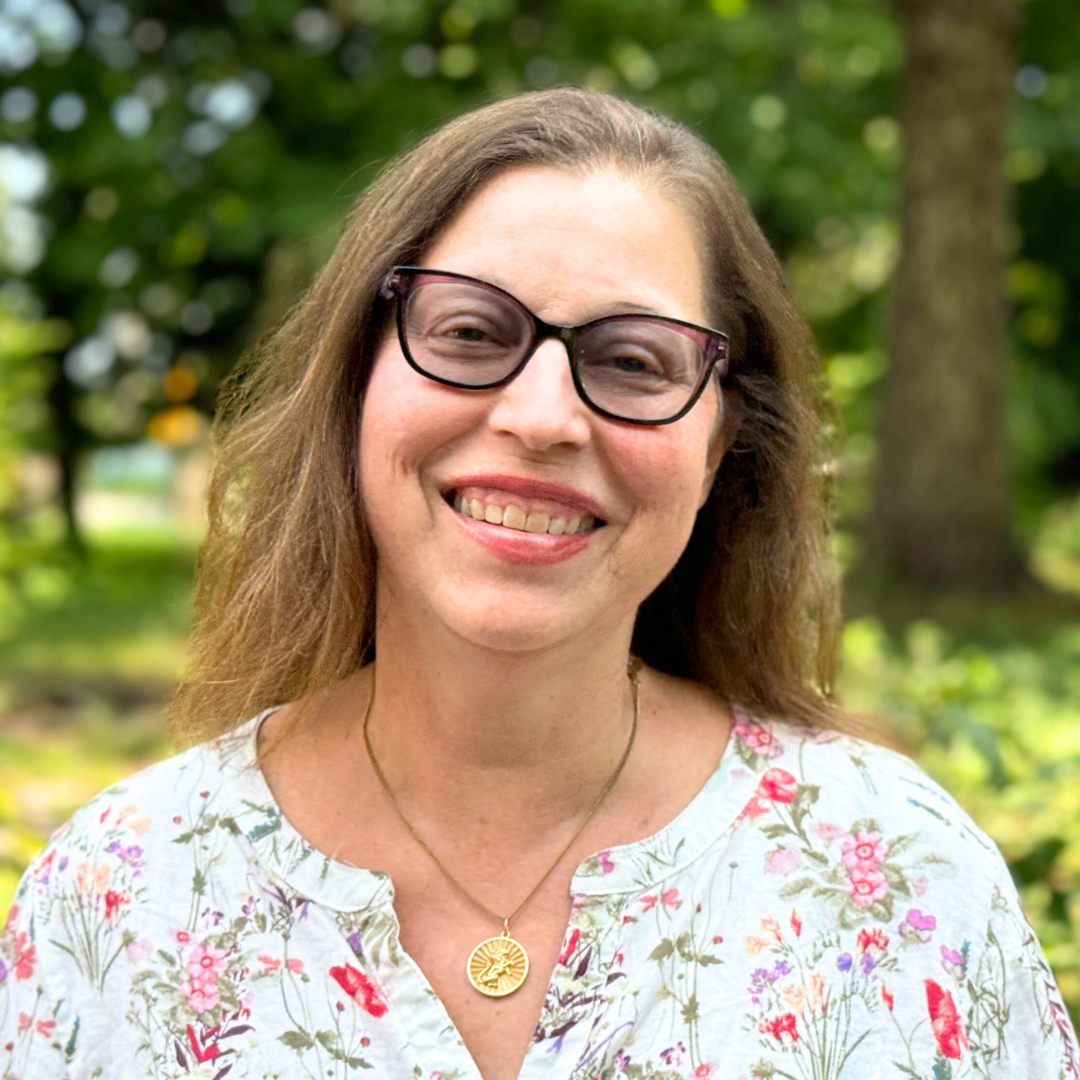Every week, James logs on to say a Mi Shebeirakh (the prayer for healing) for his husband.
Michelle joins to say Kaddish for her father-in-law, who died a few months ago.
Ariel comes every week, but if something comes up last minute in her schedule, they always watch our minyan’s recording.
None of these people know each other beyond the Zoom screen. Yet since last year, they have formed a caring community by joining together for Ritualwell’s “Holding Each Other” weekly minyan. “Holding Each Other” is held on Mondays from noon to 12:15 p.m., Eastern Standard Time. Each week, I invite a guest rabbi or cantor to lead our prayers, and each brings us a brief meditation or teaching.
Our order works for a 15-minute time frame (though truthfully, we often stretch to 20 minutes). We open with a song, and then recite the Mi Shebeirakh and the mourners’ Kaddish. Community members share names of those they are praying for or remembering in the Zoom chat box, and I read each name out loud.
We close with Oseh Shalom, praying for peace, and I offer a creative prompt that participants can respond to as we close and/or take with them into the week. I might ask: What is one thing that’s giving you hope right now? What are words of comfort that you can offer someone who is grieving?
Responses are typed in the chat as soon as I offer my question.
Before we sign off, we pause to look at each other. No slides on screen share, no spotlighted leader. Only 10 to 20 Zoom boxes of humans joining from their individual locations simply looking at each other. I invite them to unmute if they’d like and wish each other shavua tov, shalom or just see you next week. The waving, goodbyes and thank you’s sometimes take another minute or two, but I don’t end the meeting. That moment of seeing and hearing each other is essential.
Can we create an authentic community in this kind of online gathering? My experience from “Holding Each Other” makes me feel that it’s possible. Praying, singing, mourning, sharing and learning together for 15 minutes can make an impact on people’s lives that keeps them coming back.
Participants frequently write me later Monday afternoon with deep appreciation for our time together:
“I enjoy the weekly minyan. It feels sweet and personal, and is filling my need during a turbulent time in our history.”
“Having this recording when I returned home was a true blessing. The opening prayer, and, of course, the Mi Shebeirakh, were exactly what I needed.”
“I just want you to know, G, that these 15 minutes makes a difference for me even if I watch the recording later that day.”
“Just want you to know you create a space that travels through time so beautifully.”
I have had a similar reaction from our guest clergy, whom I often have to nudge to sign up for a week to lead. They let me know how leading the minyan helped them to take a breather, slow down their Monday, enter the week in a more grounded and even joyful way.
Our “Holding Each Other” minyan is open to everyone. Some people drop in occasionally, which is great, though a core group of regulars return every week. We’re living in times of increasing isolation when we desperately need to invent new ways to show up for one another and connect. If 15 minutes of joining together can help people feel that, it feels like community to me.








One Response
How can I sign up for Hold Each Other?